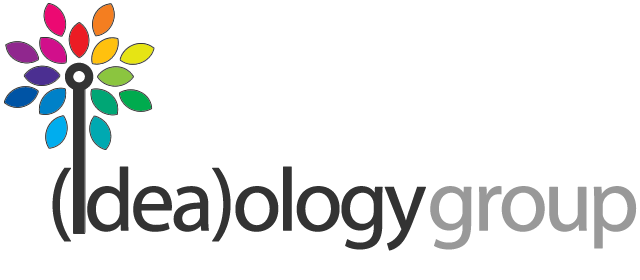You have created the United Nation’s Solution Exchange, a “platform for the exchange of knowledge and experience among 30,000 (and growing!) development practitioners” (www.solutionexchange-un.net). How would you describe the power of knowledge sharing to change the world?
Let’s say one person has been working in a field for the ten years of her career. That’s ten years of knowledge. Now put 4,000 people in the same career together in a network (we call it a “Community of Practice”) and put them to work to help each other out. That’s 40,000 years of knowledge. How powerful is that? It’s what Solution Exchange does – and because we are the United Nations, trusted and impartial, we are able to bring in the full range of perspectives, from government officials to academia to donors to private sector to NGOs and activists, across a country and outside. Because if you don’t get all the perspectives around the table you’re not going to get the full picture.
What do you see as some of the major challenges we face in the 21st century and how will improved knowledge exchanges help address these?
When we started Solution Exchange in India in 2005 we initially faced skepticism – the common wisdom is that the experts have all the knowledge. If you haven’t gotten the PhD, why should anyone listen to you? But when we put the experts on an e-mail network along with field level practitioners they quickly realized that experiential knowledge –how something was accomplished – was as valuable as expert knowledge.
Achieving sustainable growth and development is a change process, and a change process doesn’t have a blueprint. It’s about savvy, creative people, who may not have the time or even the literacy to write a book. The way to capture their knowledge is to ask them to send in an e-mail, or write it for them.
Whatever major challenges the world faces in the 21st century, sharing what people learn over the course of their careers must be an important contribution to the solutions. What Solution Exchange has been able to succeed at is to structure the conversation to maximize the accessibility and impact of what our Community members know.
Can you provide an example of knowledge sharing amongst development practitioners leading to an improved outcome?
My newest favorite is the query about seaweed blooms taking place in Fiji, just wrapping up this week. You will be able to find it on www.solutionexchange-un.net/pacific.
Dr Antoine De Ramon N’Yeurt, a Research Fellow at the University of South Pacific, asked the 1,300 members of the Pacific Climate Change and Development Community for experiences with mitigating the increasingly frequent blooms of noxious red seaweed that have been destroying fishing grounds and washing up on pristine beaches in Fiji. When I first saw it posted, I could not imagine who in our Community of professionals would have more technical knowledge on this than the expert himself. Sure enough, the first responders were from other island countries noting that they were experiencing the same problem. But then someone from Australia said that his company trains islanders how to convert this seaweed into fertilizer. So good; there’s an answer. But then somebody from Ireland (who Jacqui Berrell, our Community Facilitator tracked down) said that his company turns this stuff into animal feed, and he would be happy to pay for as much as can be delivered. Now that’s a solution!
But then someone else chimed in with the totally different perspective so common on Solution Exchange: she had heard about an attempt to clean a lake of water hyacinth by getting local women to weave it into baskets, and two years later the plants were still there – because the women were making profits! Responses continued – the Community received a technical paper hot off the press about the Yellow Sea in China, learned how a beach in Boston solved this problem 15 years ago, read about a “supersucker” technology, discovered an “Algae-l” list serve working on similar issues, and picked up additional advice and experience from 35 other members from across the globe – including a recipe for red seaweed spaghetti – ending up with probably all the knowledge in the world – literally – about this problem, ways to address it, and who the thought leaders are, all wrapped up in a concise “Consolidated Reply” prepared by Jacqui.
After a few weeks we will check back with Dr. N’Yeurt to directly answer your question – what was the improved outcome? – but I can not imagine that he would be disappointed with the experience.
How would you describe a global vision for knowledge sharing and Solution Exchange?
My vision is to have Solution Exchange Communities for professionals in all developing countries, anchored by the United Nations Country Teams represented there. Our Consolidated Reply is used by all Solution Exchanges, and the repository we are building will be fully keyword-searchable and cross-referenced to recommenders and the experiences and knowledge they provide. I like to think of it as a Google for Knowledge – a keyword in a search bar that will, in two minutes, find you the best chef for your red-seaweed-themed beach party. And then the experts across countries will get to know each other – to work collectively on assignments and innovations, drawn from and fed back into on-the-ground realities.
We will have a truly global phenomenon where, thanks to the UN, anyone working to make the world’s nations greener, healthier, safer or better run who needs to know something can connect with whoever knows it, across the globe, in two minutes.
March 13, 2013
3 comments

